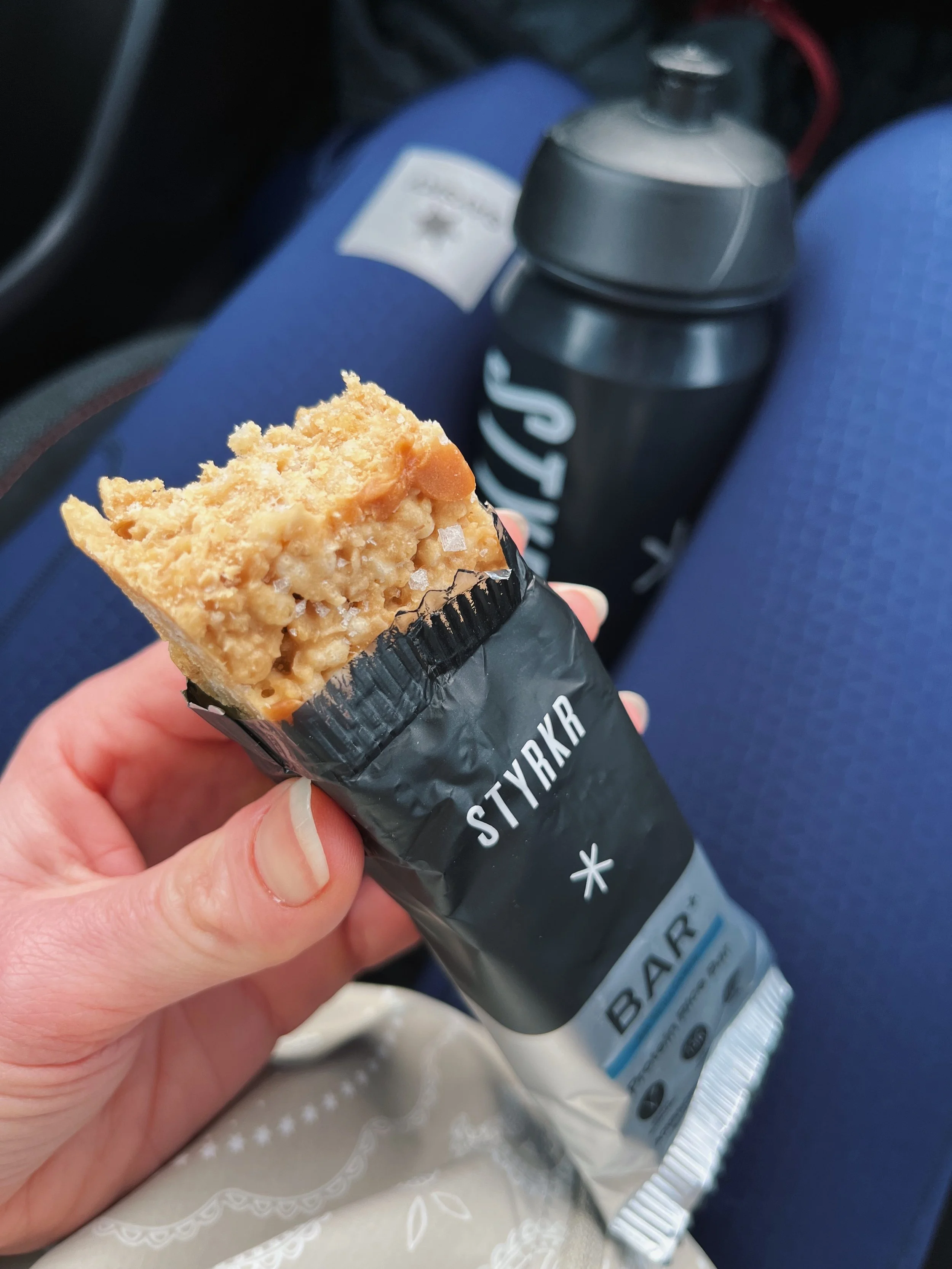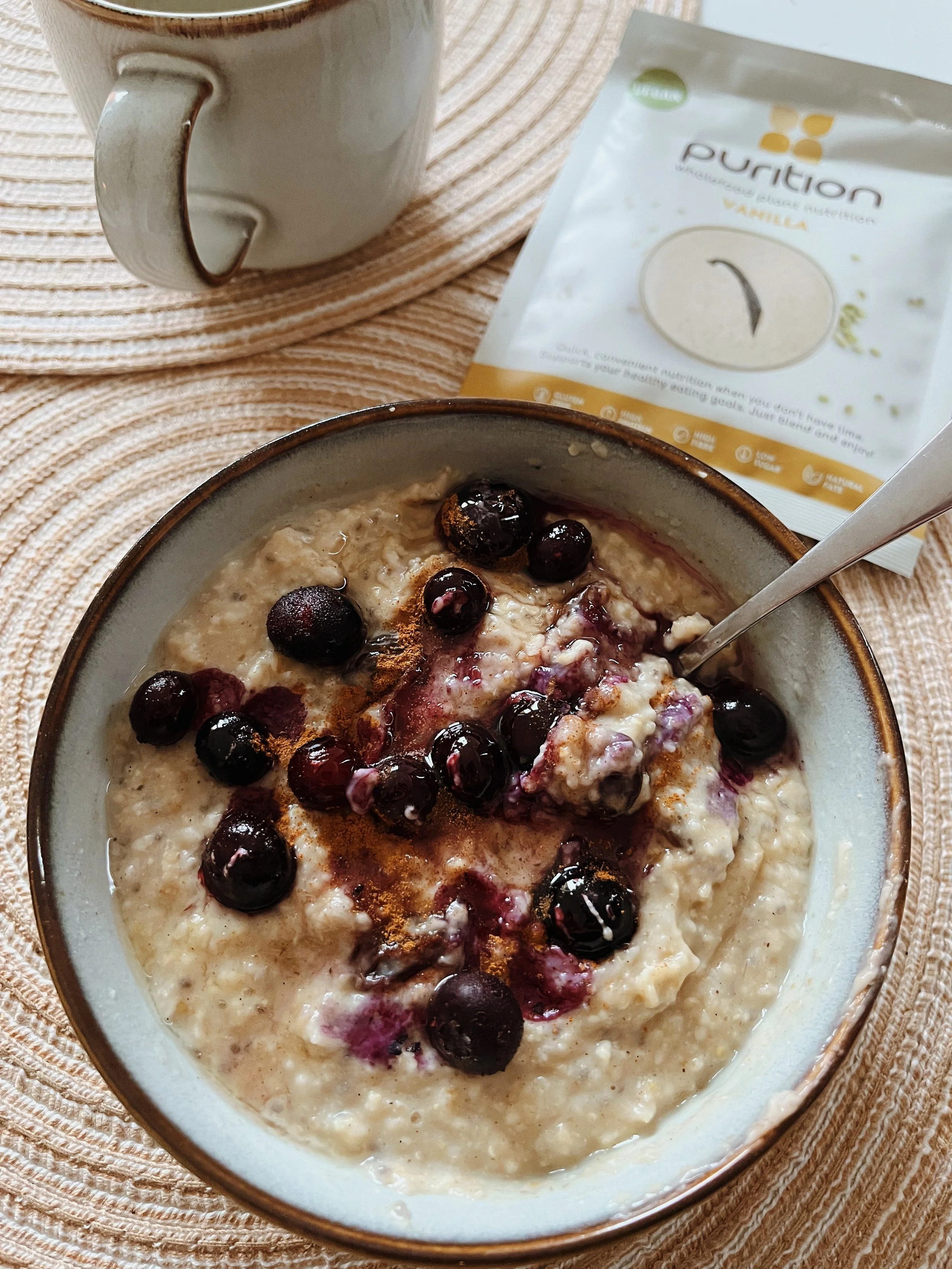5 healthy seeds you should incorporate into your diet
Seeds may be tiny, but they are literally packed with nutrients. These little powerhouses are excellent sources of plant-protein, fibre, fatty acids as well as a long list of vitamins and minerals.
One single serving can boost the nutritional value of your meal and provide many health benefits.
Here are 5 healthy seeds you should incorporate into your diet.
Flaxseeds
Nutritional benefits of flax seeds
Flaxseeds are packed with a type of omega-3 fatty acid called ALA (alpha-linolenic acid) which provides anti-inflammatory benefits and also helps prevent osteoporosis.
Plus, two tablespoons of this super seed give you 6g of fibre, around 4g of protein as well as up to 20% of your daily recommended intake of various nutrients such as magnesium and copper.
Flaxseeds are also rich in a type of antioxidants called polyphenols which help protect against a range of illnesses for cardiac disease to Alzheimer.
How to incorporate them into your day
It’s best to eat ground flaxseeds as opposed to whole flaxseeds, for better nutrient absorption.
I personally love to sprinkle flaxseeds on my porridge, salad, buddha bowl, everything!
You can also use them in your cookie or muffin recipes. Flaxseeds make a great plant-based substitute to eggs! To make a flax egg, mix one tablespoon of seeds with three tablespoons of water.
Chia seeds
Nutritional benefits of chia seeds
Chia seeds are small black seeds which were already consumed by the Aztecs and Mayans. Chia actually means Strength in Mayan.
Despite their tiny size, chia seeds have an impressive nutritional profile which made them become a superfood in the past few years.
A single serving (about 30g) of chia seeds contains 4 grams of protein, 5 grams of omega-3 and 11 grams of fibre! Plus, one serving covers around 20% of you recommended calcium intake and 30% of your magnesium and phosphorus intake.
Because of their high soluble fibre content, chia seeds absorb water and gain volume, which in turns helps you stay fuller for longer. Their high protein content, offering a great balance of essential amino acids also contributes to reduce cravings and increase satiety.
How to incorporate them into your day
Chia seeds don’t have much taste so you can easily add them to anything from smoothies to salads, yoghurts and porridge, to make them more nutrient-packed.
I love to make chia seed pudding as an afternoon snack: I soak a serving of seeds in almond or coconut milk (at least 3 times more milk than seeds) then I let the pudding set in the fridge for at least one hour. I then top it with fresh fruits and a sprinkle of granola.
Hemp seeds
Nutritional benefits of chia seeds
Hemp seeds are an excellent source of plant-based protein, especially because they contain all the amino acids that our body can’t produce and needs to get from foods.
One serving (around 30g) of hemp seeds provides you with nearly 9 grams of protein, 45% of your magnesium requirements and 20% of your recommended zinc intake.
This seed is also packed with omega-6 and omega-3 fatty acids which have anti-inflammatory properties, are beneficial for your cardiovascular health and are even thought to improve eczema.
How to incorporate them into your day
Hemp seeds will boost the nutritional value of your yogurt, smoothie, salads and many other meals.
I simply like to sprinkle them on my nourish bowl, avo toast or add them into homemade sweet potato mash.
Pumpkin seeds
Nutritional benefits of pumpkin seeds
Pumpkin seeds are another great source of plant-based protein, with 7 grams of protein per serving (30g) as well as 6 grams of omega-6.
These seeds also help you reach your daily magnesium and phosphorus intake, with one serving providing about a third of your daily requirements.
Overall a great nutritional profile which makes it a super healthy seed to incorporate into your diet, especially if you’re plant-based.
How to incorporate them into your day
Pumpkin seeds can be added to a lot of savoury and sweet dishes, from homemade seeded bread to granola, cookies or even hummus and salads.
Sesame seeds
Nutritional benefits of sesame seeds
Sesame seeds may not be as popular as the other ones in Europe, but these little crunchy seeds have an impressive nutritional profile: one serving provides 5 grams of protein, 6 grams of omega-6, 3.5 grams of fibre and nearly 60% of your daily copper recommended intake!
Several studies have shown that consuming sesame seeds may help reduce inflammation, regulate hormones, support your bones, your immune system and thyroid health!
How to incorporate them into your day
Because of their nutty flavour, sesame seeds are more suited to enhance savoury dishes, from stir fries to homemade breads, salads and hummus.
You can also try Tahini, which is sesame seed butter. Try it on bread for a savoury toast or mix some tahini with lemon juice for a refreshing salad dressing.
Why not take advantage of these powerful seeds? Start sprinkling them everywhere!





